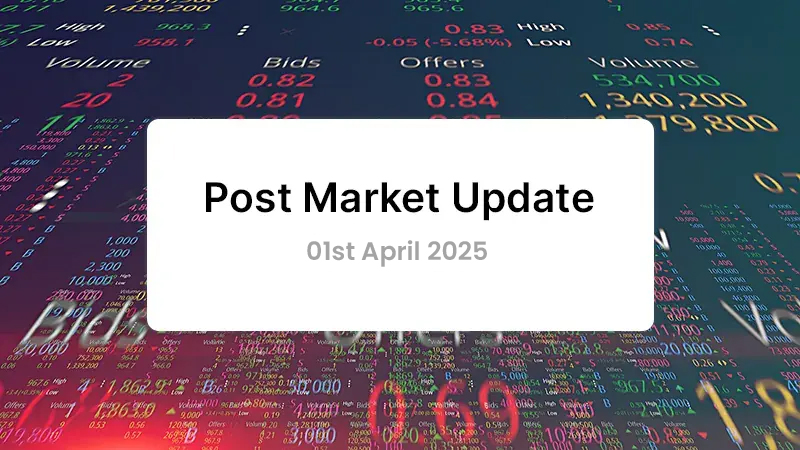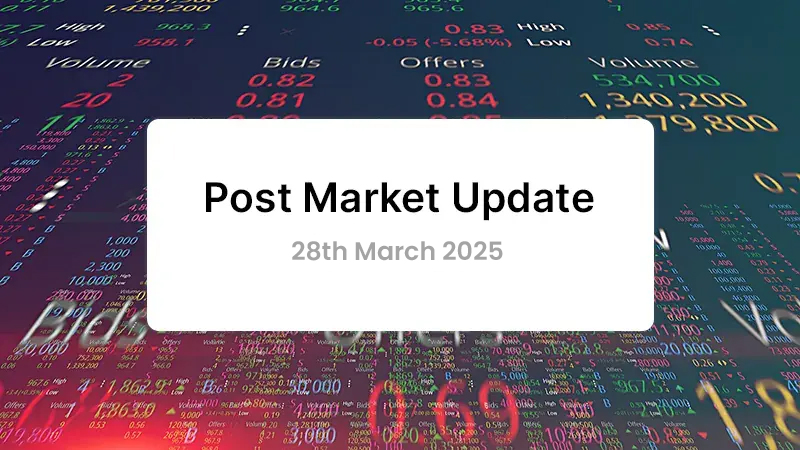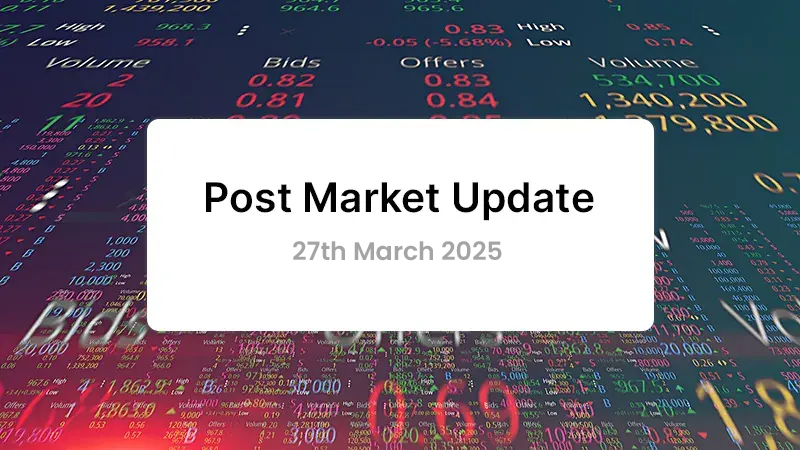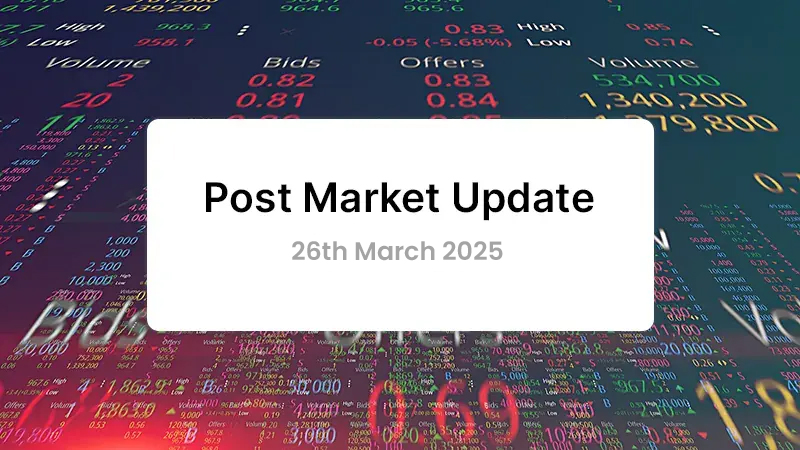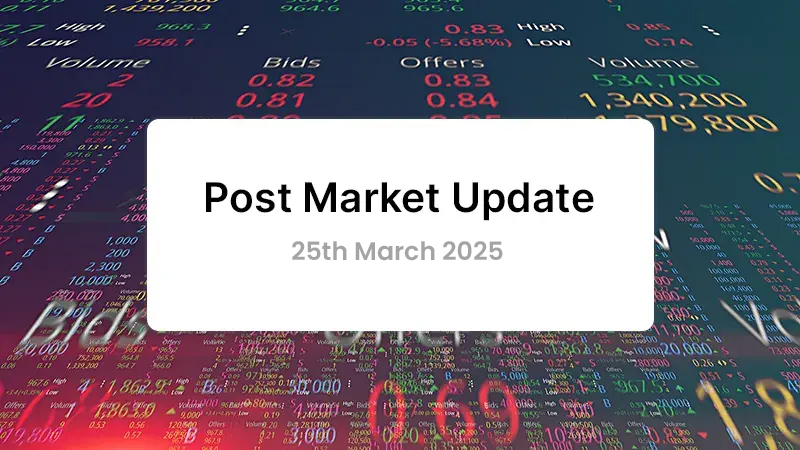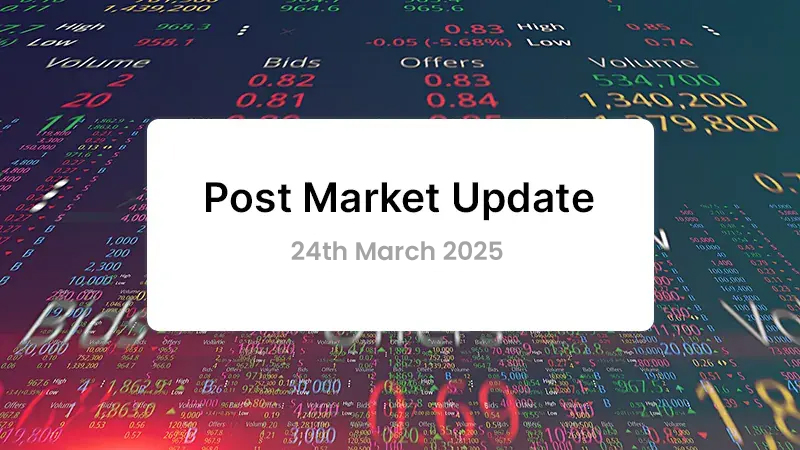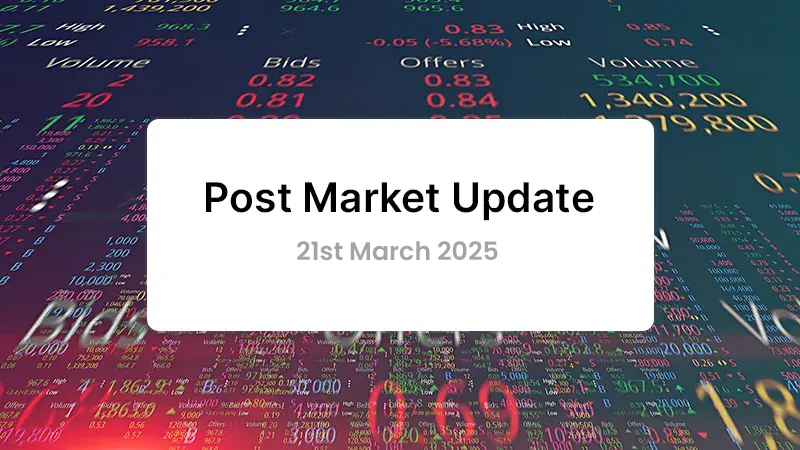
The year 2023 witnessed a remarkable performance in the Indian stock market, particularly in the small-cap and mid-cap segments. Both the Nifty Small-Cap 100 and Mid-Cap 100 indexes outpaced the benchmark Nifty 50, posting impressive gains of 58% and 54%, respectively. This surge in performance was accompanied by a substantial increase in assets managed in small-cap and mid-cap schemes, reaching Rs 2.49 lakh crore and Rs 2.94 lakh crore, respectively, by February 2024.
However, the euphoria was short-lived as the first half of March 2024 brought significant fluctuations, particularly in small-cap and mid-cap stocks. Overly speculative concerns in the equity market triggered a sharp correction and selloff in these segments. The Securities and Exchange Board of India (SEBI) expressed apprehensions about potential bubbles and overheating in small-cap and mid-cap stocks, citing high valuations not supported by fundamentals. This cautious stance from regulators prompted a widespread market downturn, signaling a correction.
Amidst growing concerns, both SEBI and the Association of Mutual Funds in India (AMFI) took proactive measures. They instructed small and mid-cap mutual funds to disclose fund stress test findings, aiming to assess their resilience amid market volatility and sudden redemption pressures. Additionally, concerns were raised about potential manipulation in the SME sector.
In response to the challenging market conditions, leading fund houses such as ICICI Prudential Asset Management Company and Kotak Asset Management implemented precautionary measures. ICICI Prudential temporarily suspended lump-sum deposits in its mid and small-cap funds, while Kotak Asset Management restricted flows on recurring plans in its small-cap fund, citing “valuation distortions.”
Amid the concerns around small and mid-cap valuations does large caps seem a better bet?
Macro and Micro in favour of large caps
India’s economic trajectory is on an upward trajectory, buoyed by robust government investments and a burgeoning GDP growth rate. Projections by the World Bank forecast India’s economy to grow at a commendable rate of 7.5 percent in 2024, outpacing growth rates across South Asia. With the government’s focus on bolstering infrastructure and stimulating economic activity, the stage is set for sustained growth in the coming years.
Large-cap companies stand tall as prime beneficiaries of India’s economic resurgence. Market leaders across various sectors are poised to reap the rewards of burgeoning government investments and structural reforms. Large caps offer stability and resilience, making them an attractive proposition for investors seeking to navigate market volatility with confidence.
Valuation Advantage
The valuation dynamics favor large-cap investments, with favorable earnings growth projections bolstering investor confidence. While valuations may marginally exceed long-term averages, the potential for sustained growth underscores the attractiveness of large-cap stocks in a well-diversified portfolio.
Attracting Foreign Investments
Foreign institutional investments (FIIs) have surged in the Indian equity markets, signaling growing confidence in the country’s economic prospects. The favorable debt-to-GDP ratio and easing interest rates further enhance India’s appeal as an investment destination. With ample liquidity and strengthening macroeconomic indicators, India remains an attractive destination for global investors seeking alpha.
Driving Consumption-led Growth
The uptick in Goods and Services Tax collections reflects the underlying strength of India’s consumption-driven economy. As per capita income rises and trade opportunities expand, consumption is poised to accelerate, driving demand across sectors. Large-cap companies are well-positioned to capitalize on this trend, benefiting from increased consumer spending and expanding market opportunities.
What should investors do?
Despite the promising outlook, investors must remain cognizant of potential risks on the horizon. Geopolitical uncertainty and uneven global growth patterns pose challenges to export-oriented sectors. Political uncertainty in several countries and concerns over inflationary pressures warrant a cautious approach. Investors should keep a keen eye on favorable interest rate cycles, foreign portfolio investments, and macroeconomic indicators such as crude oil prices and industry capacity utilization.
In conclusion, investing in large caps presents a compelling opportunity to partake in India’s economic resurgence. With a robust growth outlook, favorable valuation metrics, and a conducive investment climate, large-cap stocks offer investors a pathway to long-term wealth creation and portfolio stability.
Market this week
| 08th Apr 2024 (Open) | 12th Apr 2024 (Close) | %Change | |
| Nifty 50 | ₹ 22,455 | ₹ 22,526 | 0.3% |
| Sensex | ₹ 73,969 | ₹ 74,248 | 0.4% |
- The Indian market extended its record-breaking streak during the truncated week ending April 12.
- However, it struggled to maintain gains amidst several factors including a rising US dollar, elevated crude oil prices, and robust US inflation data.
- The early part of FY25 saw fading hopes of a US Fed rate cut due to these factors.
- The Nifty50 index reached a fresh all-time high of 22,775.7 on April 10 but closed the week flat at 22,519.40.
- Similarly, the BSE Sensex touched a record high of 75,124.28 on April 9 but ended the week flat at 74,244.90.
- Foreign institutional investors (FIIs) intensified their selling activities, offloading equities worth Rs 6,526.71 crore during the week.
- In contrast, Domestic Institutional Investors (DIIs) showed a buying trend, purchasing equities worth Rs 12,232.61 crore.
Weekly Leaderboard
| NSE Top Gainers | NSE Top Losers | ||||
| Stock | Change (%) | Stock | Change (%) | ||
| Eicher Motors | ▲ | 6.72 % | Sun Pharma | ▼ | (4.29) % |
| Hindalco Industries | ▲ | 5.02 % | Cipla | ▼ | (3.63) % |
| Tata Consumer | ▲ | 3.04 % | Titan | ▼ | (3.63) % |
| Bharti Airtel | ▲ | 2.90 % | Wipro | ▼ | (2.95) % |
| M&M | ▲ | 2.86 % | Adani Ports & SEZ | ▼ | (2.28) % |
Stocks that made the news this week:
- Sun Pharmaceutical Industries declined by 3.4 percent after the US FDA categorized its Dadra facility as ‘official action indicated’ (OAI), suggesting recommended regulatory or administrative actions. Trading at Rs 1,549.30 on the BSE, the stock was down 3 percent from the previous close. Sun Pharma revealed the classification status following an inspection conducted from December 4 to 15, 2023, in an exchange filing.
- Vodafone Idea announced that its Rs 18,000-crore follow-on public offer (FPO) will be open for subscription starting April 18. The floor price for the issue has been set at Rs 10 per share, with a cap of Rs 11. The offering is scheduled to close on April 22, while the anchor bids will be approved on April 16, according to the company’s exchange filing.
- Sterlite Technologies Ltd announced a successful raise of Rs 1,000 crore through a share sale to institutional investors, as stated in an exchange filing on April 12. The board approved the issuance of 8.84 crore equity shares at Rs 113.05 per share, offering a 5 percent discount to the floor price of Rs 119 per share. Notable investors in the share sale included HDFC Mutual Fund, Nippon Life India AMC, Goldman Sachs, and Bandhan Mutual Fund, with additional shares allocated to an Alternative Investment Fund (AIF) named Volrado Venture Partners Fund.


